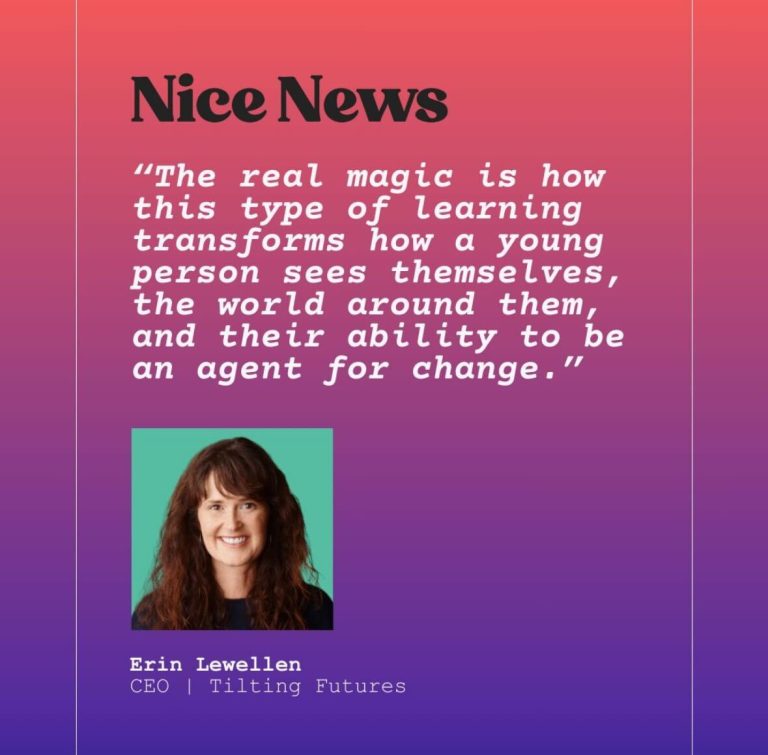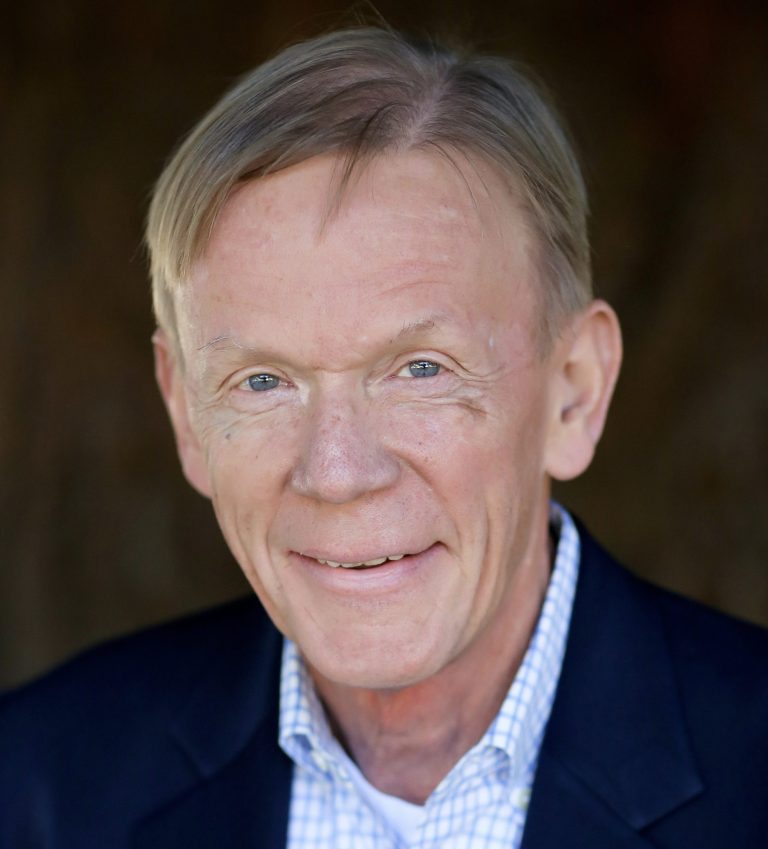Lucy Blumberg was the classic Lowell High School student.
The San Francisco teen strove for straight A’s and fell short by one B – in driver’s education – and was accepted into the prestigious Northwestern University, her first step to becoming a doctor.
But by the time the college acceptance letter arrived in the mailbox, Blumberg realized she was burned out.
She still wanted to go to college, but not yet.
So Blumberg joined a growing number of American teens taking a yearlong break from homework, midterms and textbooks and headed to West Africa to work in health clinics.
The idea of a so-called gap year between high school and college isn’t new.
The concept was initially associated with a carefree backpacking trip full of freedom and self discovery, popularized by Australian and British youth, and typically available only to those with monetary means.
The modern and more Americanized version includes structured programs in the United States and overseas designed to give participants a greater sense of purpose when they do get to college. Financial help is often available.
Increasingly, colleges and universities are not only supporting the idea by granting admitted students a yearlong deferral, but also are strongly encouraging it.
“It’s an idea that became a trend and now it’s a movement,” said Holly Bull, president of the Center for Interim Programs, one of many private gap-year consulting companies. “The colleges are definitely endorsing it.”
Harvard University, for example, promotes the gap or bridge year while Princeton University and University of North Carolina subsidize it, providing scholarships for those who can’t afford it.
Locally, UC Berkeley is an exception, rarely granting deferrals and requiring admitted students to reapply if they take a year off. Yet, university admissions officials said a gap experience typically adds strength to an application.
That seems to be the case at more and more universities, Bull said.
“We’ve seen year after year the benefits of these kids grabbing the reins of their life at 18,” Bull said. “There are a lot of bright kids … they’ve worked really hard in high school, but they don’t have a sense of why.”
And so when they get to college, things don’t always go smoothly.
An estimated 80 percent of college students change their major at least once in college. Many require a fifth year of university to finish a bachelor’s degree.
Others, academically burned out by the time they get there, spend their freshman year solely exploring the social side of college.
San Francisco’s Blumberg, now 19, didn’t want any of that to happen to her.
“I was tired of being so competitive and just tired of doing the prescribed thing,” she said. “College applications make it seem like you really need to know what you want to do.”
Instead, she went to Senegal through Global Citizen Year, an Oakland-based nonprofit bridge-year program.
There, she fainted watching an injection and saw countless circumcisions, broken bones and open wounds.
“That definitely made me realize I definitely don’t want to be a doctor,” she said.
She now is interested in public health, specifically family planning or maternal health.
That “process of elimination” in Senegal probably saved her time, money and disappointment pursuing a career she now knows she doesn’t want.
This year, the Global Citizen program will send 92 teens in all to Senegal, Brazil and Ecuador for nine months. They will spend a month learning local languages and cultures and then live with a host family while working as an apprentice in health, agriculture, education or other fields.
Some set up school libraries. Others work on coffee farms.
It’s not a cheap program at $28,500, but few of the fellows pay full price.
About 80 percent get some financial help.
East Oakland native Josh Hamilton was among the 30 percent to get a full scholarship.
The Oakland Tech High School graduate also went to Senegal, working on his host family’s agricultural farm in the fishing village Pointe Serene.
The gap year in Senegal changed his life.
“It’s completely influenced what I believe I’ll do in the world,” he said, describing a rocky childhood. “It’s broadening my perspective, what I believe I can do. There’s really nothing I can’t do.”
At Global Citizen, founder Abby Falik would like to see more universities encourage if not require students to take a year off to help them develop a sense of self and purpose that makes college more meaningful.
“The sooner we can help kids see that – what a dramatic shift from the norm,” she said. “It solves the problem of kids arriving on campus and drinking themselves silly.”



